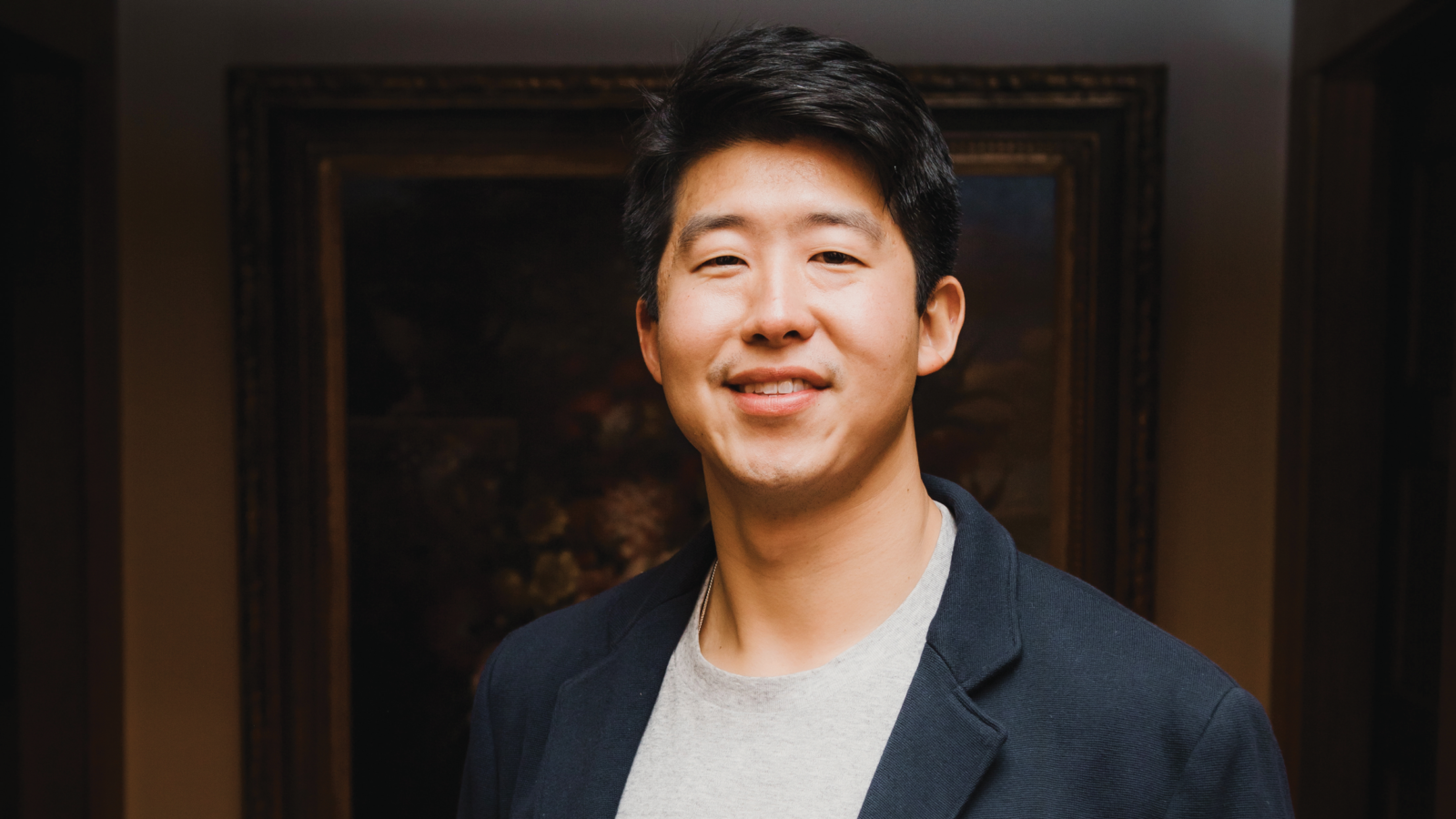For Reece Liang ’10, volunteering and giving back to Williston are an investment in the future
One sign of the affection that Reece Liang ’10 has for Williston is that when friends visit him in Amherst (where he grew up and now lives part-time), he often takes them to Easthampton to show them around campus. It’s not simply because he enjoyed his six years at the school. It’s also because he believes that Williston helped make him who he is today. “That connection is really, really strong,” he says. A member of the swimming and water polo teams and three-year class president, Liang would go on to receive his bachelor’s degree in economics from Swarthmore, spend two years on Wall Street with Goldman Sachs, then earn an MBA from London Business School. Today he works as a technologist for a Chicago-based real-estate services firm, developing valuation products, a position that allows him to work remotely, splitting his time between Amherst and Boston, where his girlfriend lives.
In recent years, Liang has deepened his connection to the school, serving as a volunteer on the Head’s Visiting Council, as a Williston Northampton Fund chair, and as inaugural head of the Wildcat Club of the 1841 Society for young alumni. His work has allowed him to reconnect with his network of Williston peers, but it has also given him a new appreciation for the school and the financial challenges faced by independent schools today. “I’ve learned a lot about fundraising,” he acknowledges. In terms of why he supports Williston, Liang comes back to gratitude. “Not everybody has the same school experiences,” he explains. “It’s an awkward time. But I absolutely loved Williston.” And he finds that when he has called classmates to enlist their support for the Williston Northampton Fund, the cornerstone of the Williston Builds campaign, the act of reminiscing about their shared time at Williston often evokes similar feelings. “That is the most powerful kind of conversation,” he says. “That’s where the nostalgia comes in, the recognition of how Williston has contributed to where we are now.”
Indeed, the insights Liang has gained through his work with the school have shifted how he views Williston. It’s more than “just an educational institution,” he suggests. “It’s a place for people to have their lives transformed, in the way that I experienced.” Recognizing that transformative power has underscored for Liang the broader role Williston should play in society. “The biggest issue of our generation is inequality,” he says. He applauds Williston’s recent work around financial aid and socioeconomic diversity as steps in the right direction. “It’s important to tie in with larger issues around diversity, education, and greater thoughtfulness in the things that we do, missions that resonate with young people,” he says. “We need to continue to do that, and pay it forward to the next generation.”

